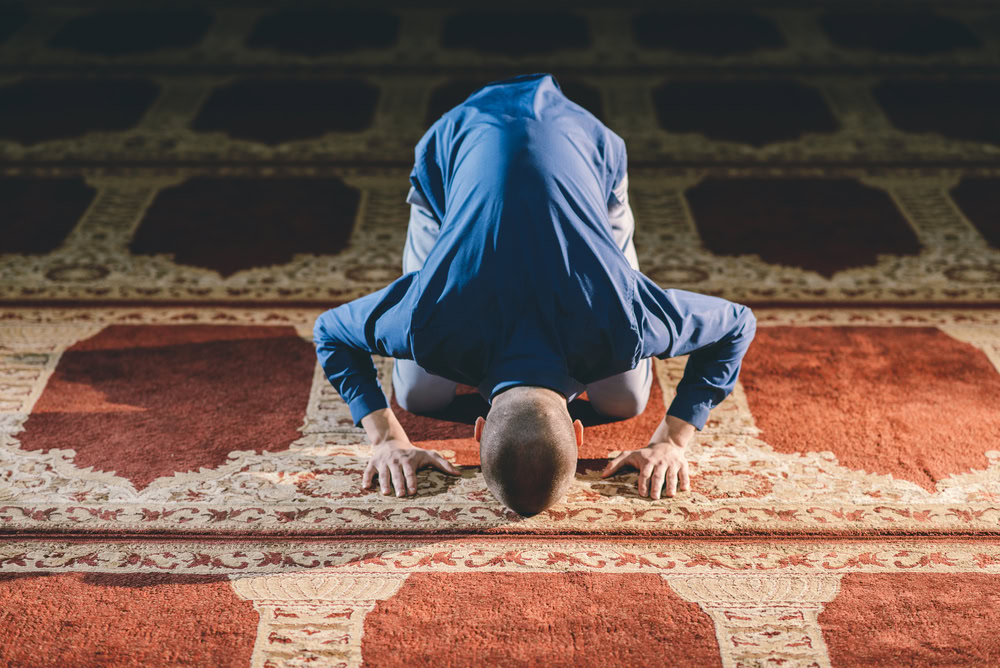Does Standing Up after the First Closing Salam Invalidate My Prayer?
Hanafi Fiqh
Answered by Ustadh Sufyan Qufi
Question
I said the closing salams in prayer and mispronounced the second one. I intended to repeat the whole test of closing salams, but my mother walked into the room. I stood up to talk to her. Was my prayer valid?
Answer
In the name of Allah, the Most Compassionate, Most Merciful
Your prayer is valid because you have exited it intentionally without breaking it before its completion. [Shurunbulali, Nur al-Idah]
Indeed, you have performed all the obligatory actions of the prayer, including the last one: sitting for the extent of the Tashahud. Thus your prayer was valid. [Ibn Abidin, Radd al-Muhtar]
Ibn Masud (Allah bless him and give him peace) narrated that, when the Messenger of Allah (peace and blessings upon him) taught him the Tashahud, he said to him: “If you have said it [ ie the Tashahud while sitting] or if you have done this [ ie the sitting alone] then you have finished praying.” [Abu Dawud]
We can understand from this Hadith that the validity of the prayer is only attached to the last sitting because there is no leeway not to perform it as the Prophet ( peace and blessing be upon him) gave the choice to Ibn Mas’ud (may Allah be pleased with him) to utter the Tashahud which is only valid while sitting and simply remain sitting. Thus, the last sitting for the duration of uttering the Tashahud is obligatory (fard), and a prayer without it is invalid. [Tahtawi, Hashya ‘ala Maraqi al-Falah]
As for the salams’ utterance, the prayer’s validity does not depend on it. [Shurunbulali, Nur al-Idah]
And Allah knows best.
[Ustadh] Sufyan Qufi
Checked and Approved by Shaykh Faraz Rabbani
Ustadh Sufyan Qufi is an advanced seeker of knowledge, originally from Algeria, who grew up in France. He began searching for ways to learn Islam reliably and was disappointed at the answers he found locally.
Then he connected with various traditional teachers and gradually connected with SeekersGuidance. He embarked on his journey of learning through the various teachers at SeekersGuidance, including his mentor Shaykh Faraz Rabbani.
He studied numerous texts in Islamic Law, Theology, Hadith, and other areas with Shaykh Faraz Rabbani and other teachers, including Shaykh Abdurrahman al-Sha‘ar, Shaykh Ali Hani, and others.
He is an active instructor at SeekersGuidance and answers questions through the SeekersGuidance Answers Service.
